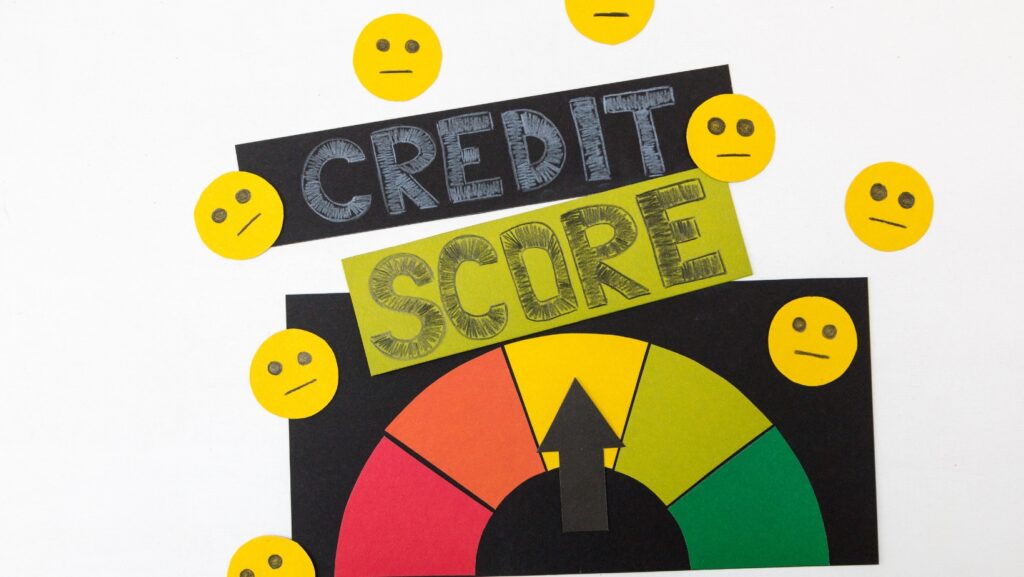How Does Debt Impact Your Credit Score?
Debt can impact your credit score through various factors:
- Payment History: When you make timely payments of debts, including credit card bills, and loans, it positively influences your credit score. Conversely, missed or late payments negatively impact your credit score.
- Credit Utilisation: This is a ratio of your outstanding debt to your credit limit. Its influence on your credit score is substantial. A high credit utilisation can lead to a lower credit score, whereas a low utilisation rate (below 30%) can contribute positively to a healthier credit profile.
- Credit Mix: Having a diverse credit mix, such as credit cards, personal loan instalments and home loans positively impacts your credit score.
- Length of Credit History: The longer credit history reflects better creditworthiness. It shows responsible management of debt over time.

FAQs on “How Does Debt Impact Your Credit Score”
Does Debt Affect Your Credit Score?
What Types of Debt Affect Credit Score?
How Long Does Debt Affect Your Credit Score?
What is a good credit score range?
Why Did My Credit Score Drop 40 Points After Paying Off Debt?
Is 700 a Good Credit Score?
How Fast Can I Add 100 Points to My Credit Score?
Is It Normal for Credit Score to Drop 40 Points?
Why Did My Credit Score Drop 50 Points After Paying Off Debt?
Can My Credit Score Go Up 40 Points in a Month?
Why Did My Credit Score Drop 50 Points After Getting a Credit Card?
Why Have I Lost 20 Points on My Credit Score?
Why Did My Credit Score Drop 100 Points in One Month?
How Will Debt Settlement Affect My Credit Score?
Will My Credit Score Be Higher If I Carry More Debt?
Is Having No Debt Bad for My Credit Score?
How can I check my credit score for free on www.paisabazaar.com?
You can check your credit score for free on www.paisabazaar.com by visiting their website and providing the required information.
Is it possible to obtain a free CIBIL score on www.cibil.com?
Yes, you can obtain your free CIBIL score by visiting www.cibil.com, a trusted credit bureau in India. Checking your CIBIL score regularly allows you to monitor your credit history and take the necessary steps to improve your credit profile.
How can I get my Experian credit score for free?
Experian offers free credit scores to individuals. You can access your Experian credit score by visiting https://consumer.experian.in/ECV-OLN/view/angular/#/. Monitoring your Experian credit score helps you stay informed about your financial standing.
Is it possible to check my CIBIL score by using my PAN card without any charges?
How do I get my free CIBIL score from www.civil.com?
Final Words
Understanding the influence of debt on your credit score is vital for a strong financial standing. Responsible debt management, consistent on-time payments, and a diverse credit mix play key roles in achieving a strong credit score. Regularly monitoring your credit report and adopting positive credit behaviours will help you enhance your creditworthiness and access better financial opportunities.
Share this:
- Click to share on X (Opens in new window) X
- Click to share on Facebook (Opens in new window) Facebook
- Click to email a link to a friend (Opens in new window) Email
- Click to share on LinkedIn (Opens in new window) LinkedIn
- Click to share on Pinterest (Opens in new window) Pinterest
- Click to share on Telegram (Opens in new window) Telegram
- Click to share on WhatsApp (Opens in new window) WhatsApp
